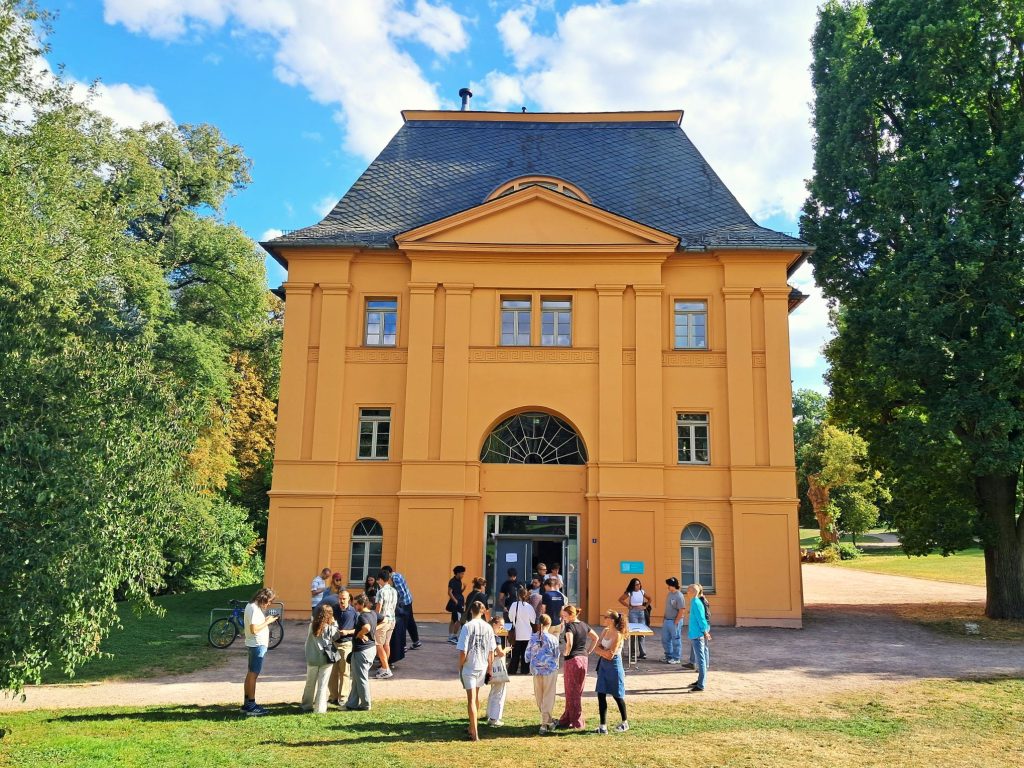
From August 15 to 24, 2025, an international summer camp “Youth in Cold War Europe” was held in Weimar. The camp brought together 35 young participants from six countries.
Within the framework of the international summer camp, topics from the political history of contemporary Europe were connected with the social and cultural history of the continent in the second half of the 20th century. By engaging with various aspects of growing up in Europe during the Cold War, the participants were encouraged to reflect on the changes and continuities that are mirrored in contemporary society.
The activities of the international summer camp focused on two central questions, approached through different methods. First, how did various regimes in Europe during the second half of the 20th century tried to shape the attitudes and behavior of young people? Second, how did young individuals and groups of young people respond to state policies and practices directed at youth, what opportunities for action were available to them at that time, and what were the consequences of refusing to accept rules and norms or actively resisting them?
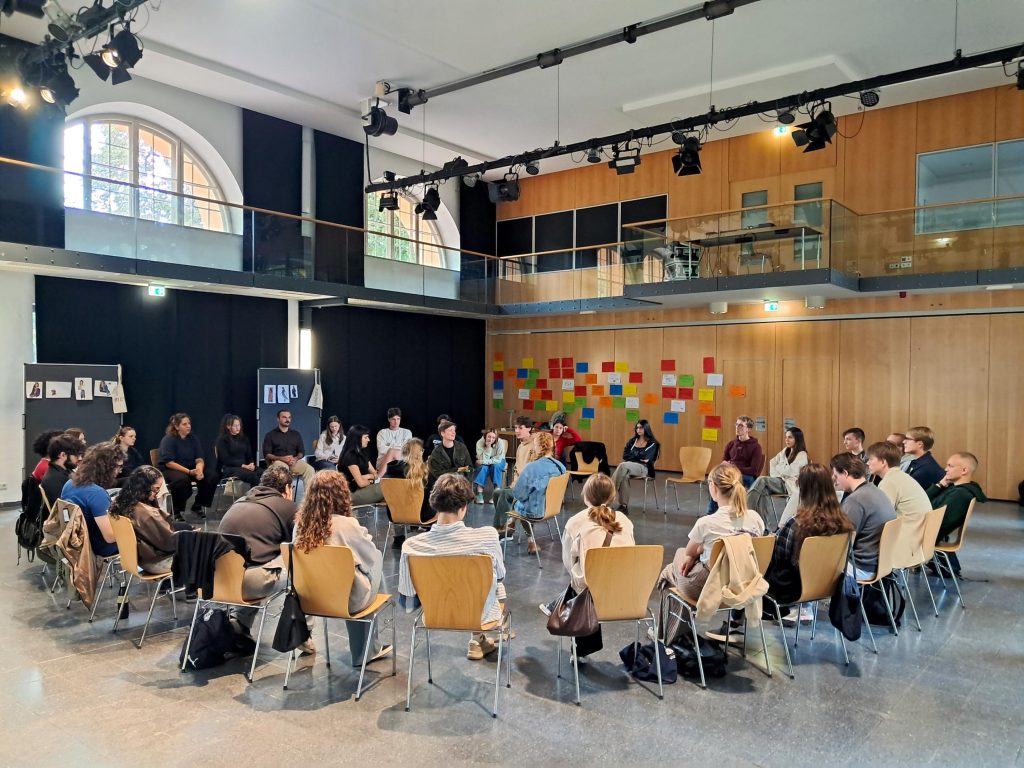
On Friday, August 15, participants arrived and got to know each other. After the introduction of the organizing team and the fostering of conversation among participants, the evening continued with informal conversations and music.
The following day seminar leaders Rebekka Pfennig, Markus Rebitschek, and Boris Stamenić presented the program and deepened the process of getting acquainted. In the afternoon, the program focused on an introduction to the theme “Cold War”: participants shared prior knowledge and associations, which created an overview of their interests in particular subtopics. After dinner, most joined an optional orientation walk through Weimar.
On Sunday, August 17, the participants visited the Andreasstrasse Memorial and Educational Center in Erfurt. The morning was spent on a guided tour of the former Stasi remand prison. Since 2012, the building is housing the permanent exhibition “Inprisonment, Dictatorship, Revolution: Thuringia 1949-1989”. In the afternoon, participants continued exploring the museum using digital audiovisual guides, then discussed their impressions in small groups and presented them to everyone.
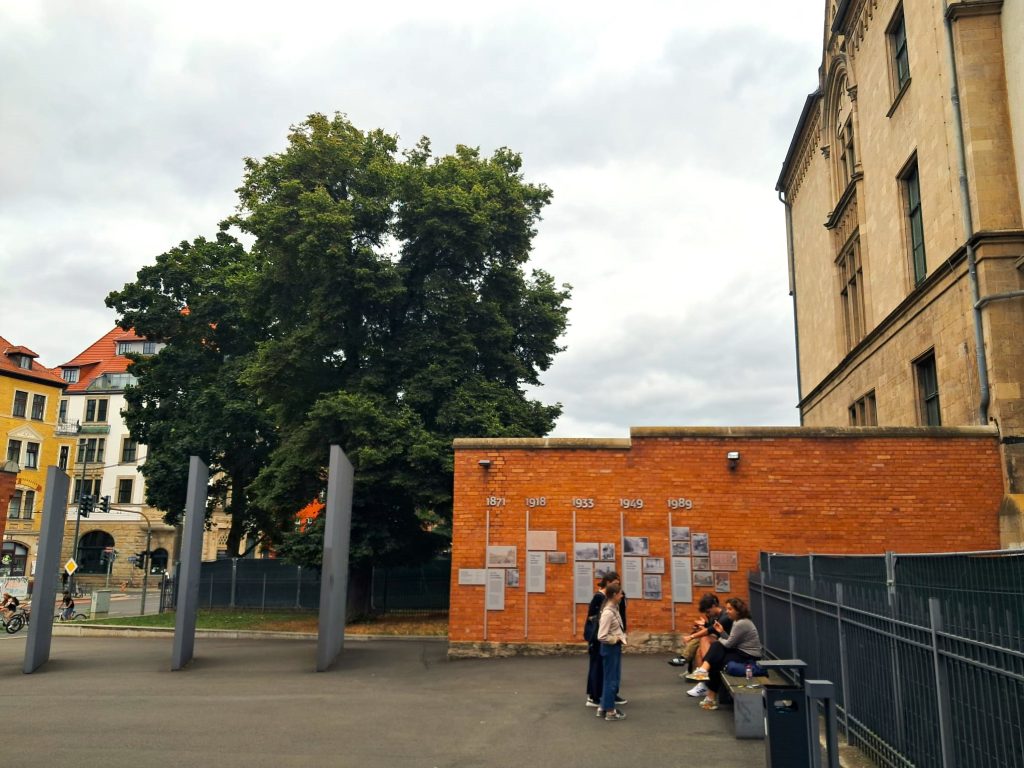
The following morning was dedicated to reflecting on the visit to the Andreasstrasse Memorial. Afterwords, the focus turned to Visual representation in the Cold War. Using propaganda posters, caricatures, and photographs from the Cold War period, participants engaged with key themes of historical and political education: propaganda, ideology in everyday life, transformation of the social position of women, the emergence of new spaces of freedom. By critically analyzing these visual messages, participants also became more aware of the necessity of questioning (visual) messages and content in everyday life.
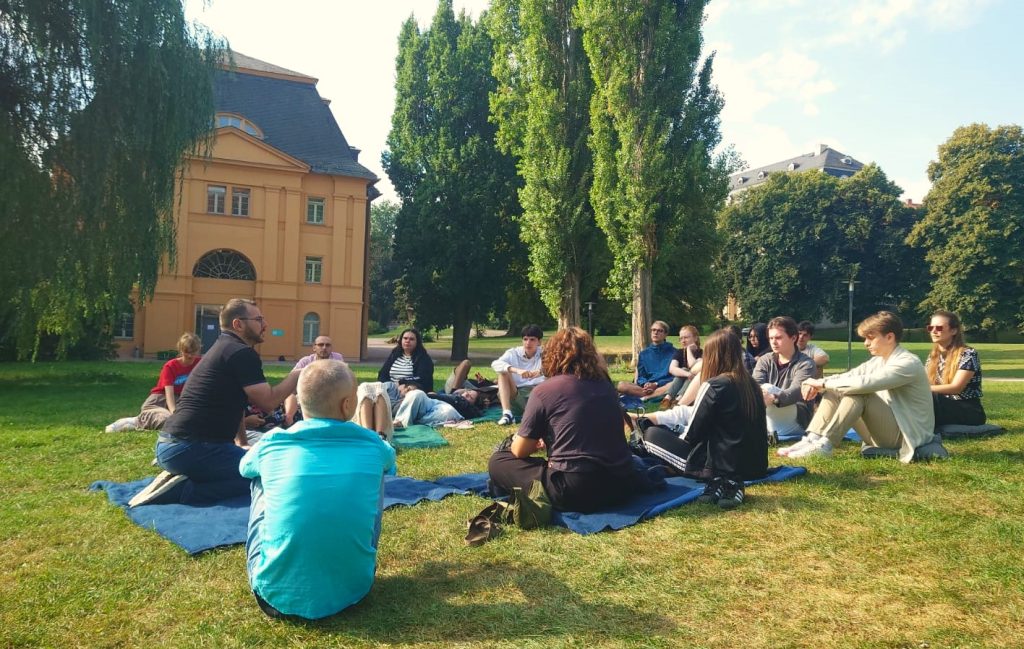
After several intensive working days, Tuesday was set aside for reflection, optional activities, and relaxation. The Wednesday’s program was dedicated to the camp’s main theme: Youth in Cold War Europe. In the morning, participants examined the topic of state mass organizations for children and youth in the Cold War by creating posters. The poster presentations and final discussion revealed that there were very similar pioneer and youth organizations in the socialist states, but also comparable practices in Portugal and Greece during their dictatorships – despite differing ideological foundations. The afternoon was dedicated to youth subcultures in the Cold War. After an introductory lecture, participants prepared and performed short sketches based on historical photographs.
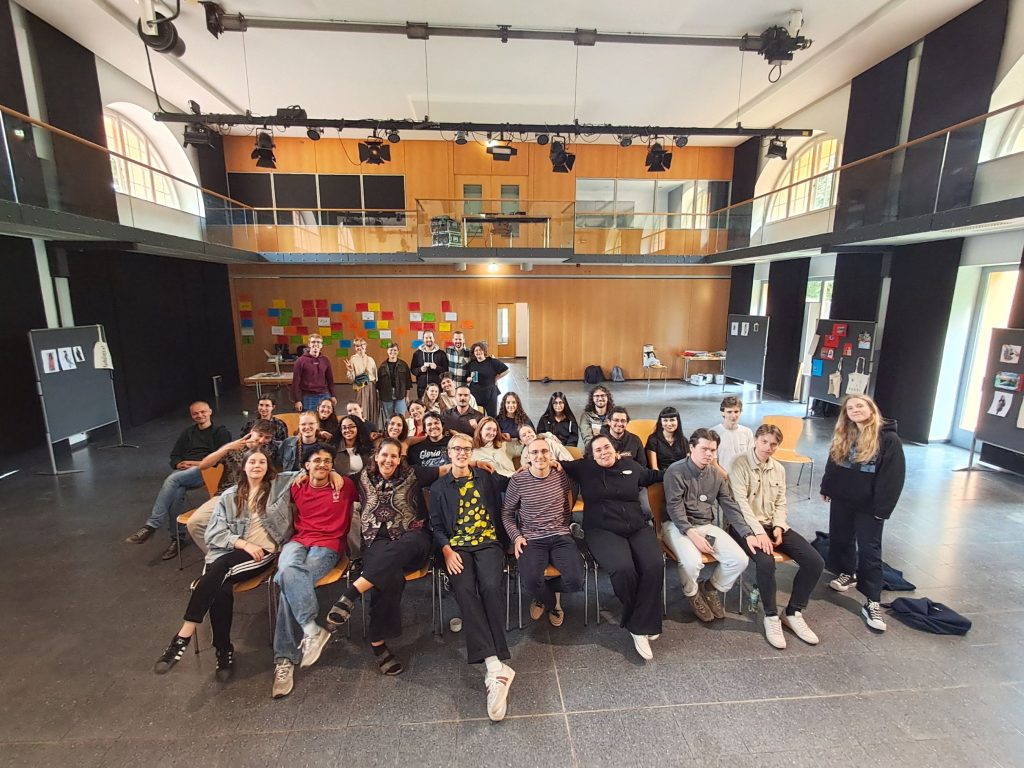
On Thursday, August 21, the focus was on biography and oral history as historical sources. In the afternoon, participants had the opportunity to speak with two contemporary witnesses of the Cold War, who shared their experiences of growing up in the German Democratic Republic.
The conversation with theologian Renate Ellmenreich (b. 1950) centered on her experiences in Jena, where she led a Protestant youth fellowship in the second half of the 1970s. Participants from the former Czechoslovakia were especially interested in her memories of visits to the ČSSR and of the Prague Spring in 1968. Historian Holm Kirsten (b. 1965) spoke mainly about subversive graffiti he painted with peers in Weimar in 1983, as well as his six-month imprisonment in the Stasi remand prison Andreasstraße in Erfurt.
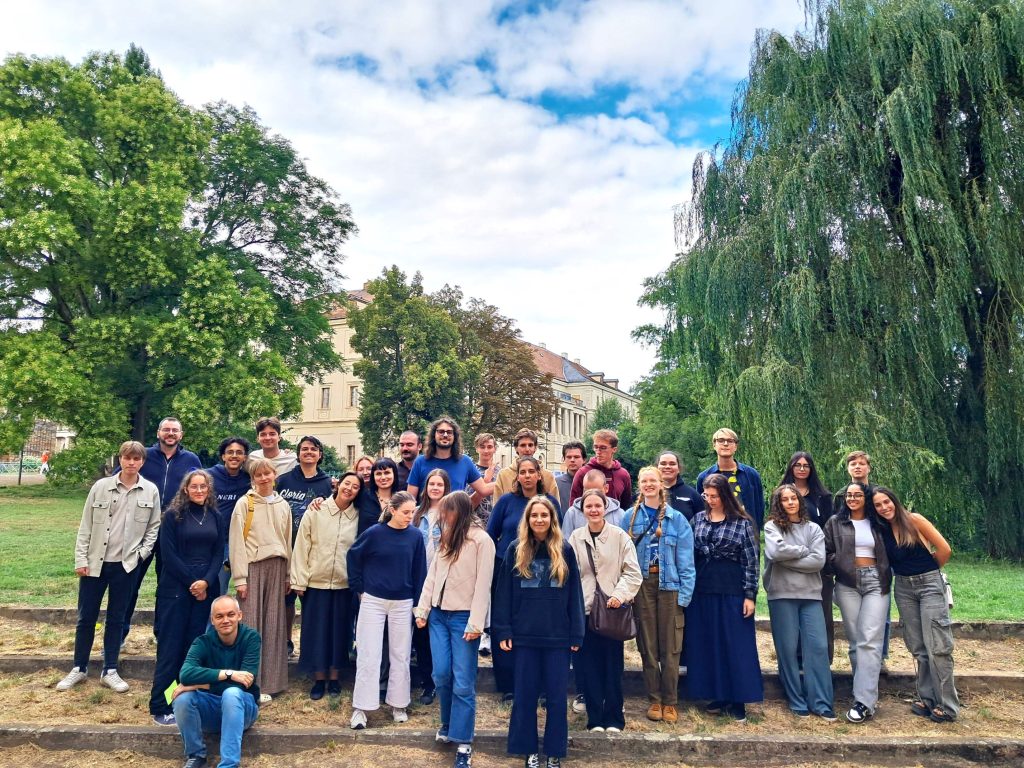
Friday and Saturday were dedicated to artistic workshops. Participants could choose between three workshops led by external trainers and creatively apply their newly acquired knowledge and experiences. The very diverse and imaginative results – ranging from video and audio contributions to collages and short plays – were presented on Saturday morning.
The final discussion and evaluation showed that participants were very satisfied with their experiences at the international summer camp and expressed interest in further exploring certain topics. A closing party on Saturday evening and departure on Sunday morning marked the conclusion of the ten-day gathering in beautiful Weimar.
The International Summer Camp was organized in cooperation between the European Youth Education and Meeting Centre Weimar (EJBW) and the association Retrovizor. The implementation of the summer camp has been supported by the partner organisations Schola Fidentiae from Czech Republic, Vision Network Athens from Greece, European Humanities University from Lithuania and Dinamo Sintra from Portugal. The event was made possible with the financial support of the European Union and the Federal Republic of Germany.


Leave a Reply to ODRŽAN MEĐUNARODNI LJETNI KAMP ZA MLADE “YOUTH IN COLD-WAR EUROPE” – Historiografija.hr Cancel reply